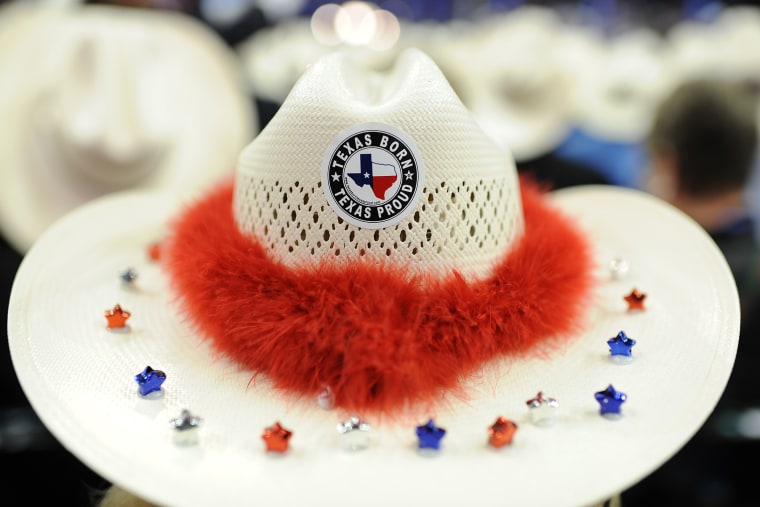Nearly 24% of Americans would "tend to support" or "strongly support" their states' independence from the United States, according to a new Reuters poll.
That isn't necessarily a change from past polling, but it is timely: Various news outlets have used the story of Scotland's near-secession from the United Kingdom to discuss the prospects for state-level secession in the United States. After all, the best way to sell a foreign policy story is to turn it into a domestic affairs story.
While the poll is getting additional attention thanks to the Scottish referendum, its results are not markedly different from what's come before. Last year, Rasmussen found that 17% of American adults would vote for secession, and 22% believe that states have the right to secede on principle. A 2012 HuffPost/YouGov poll found that 22% of Americans were in favor of seceding, while a 2008 Middlebury Institute/Zogby poll put the number at 18%.
PHOTO ESSAY: A huge moment in Scottish history
The latest Reuters poll found that those who favored secession were most often motivated by anger and dissatisfaction with the federal government. One respondent, North Carolina resident Brittany Royal, informed pollsters that the Affordable Care Act tempted her to favor seceding.
"That has really hurt a lot of people here, myself included. My insurance went from $40 a week for a family of four up to over $600 a month for a family of four," she said.
Royal is a Republican, and the breakdown of Reuters polling indicates that Republicans overall are substantially more likely to be in favor of splitting from the rest of the country. Whereas 29% of self-identified Republicans said they either strongly support or tend to support secession, just 20% of Democrats said the same. These results suggest that Reuters' results, as eye-catching as they are, may have more to do with the vicissitudes of partisan politics than any urgent desire to live in a different country.
In the run-up to the 2012 presidential election, Texan Gov. Rick Perry suggested that voters in his state might want to secede "if Washington continues to thumb their nose at the American people." However, he did not endorse the idea himself, and ultimately opposed secession when one Texas resident filed a petition calling for the state's independence. He went on to seek the Republican nomination for president of the United States, and he is rumored to be running again in 2016.
Something close to 24% of U.S. poll respondents will often provide strong responses to hot-button questions. For example, a 2009 PPP poll found that 24% of Americans did not believe that President Obama is an American citizen. However, the same poll found that 6% of respondents did not believe that Hawaii — the president's actual place of birth — was a U.S. state, and 4% were not sure whether it was. Five years later, a Rasmussen poll taken this July again found that 23% of U.S. adults do not think the president is a citizen, including 41% of Republicans. The same poll found that 24% of Americans believe the U.S. government knew that the 9/11 attacks were going to happen and did nothing to stop them.
A 2013 study [PDF] from political scientists at Yale University and UC San Diego suggested that "differences in survey responses arise because surveys offer partisans low-cost opportunities to express their partisan affinities."
